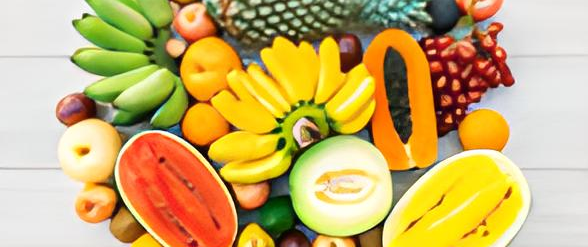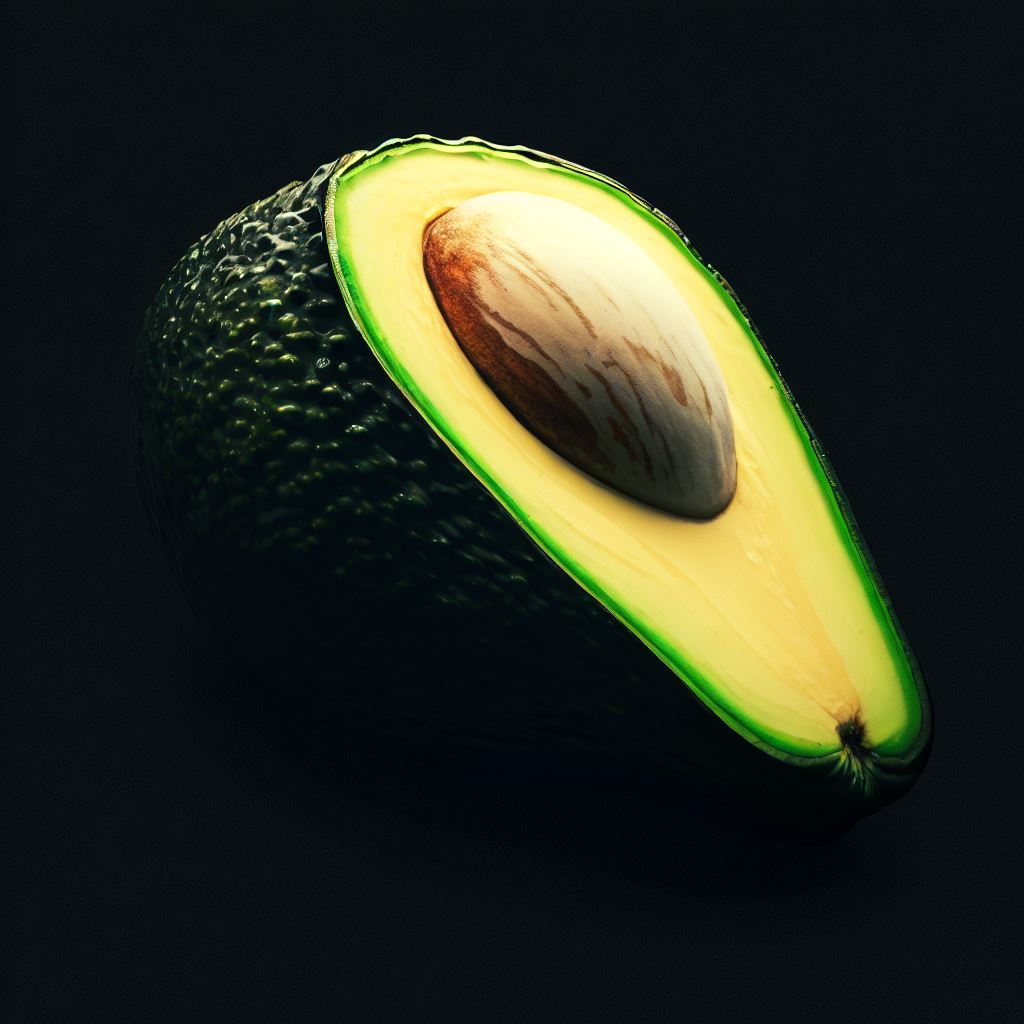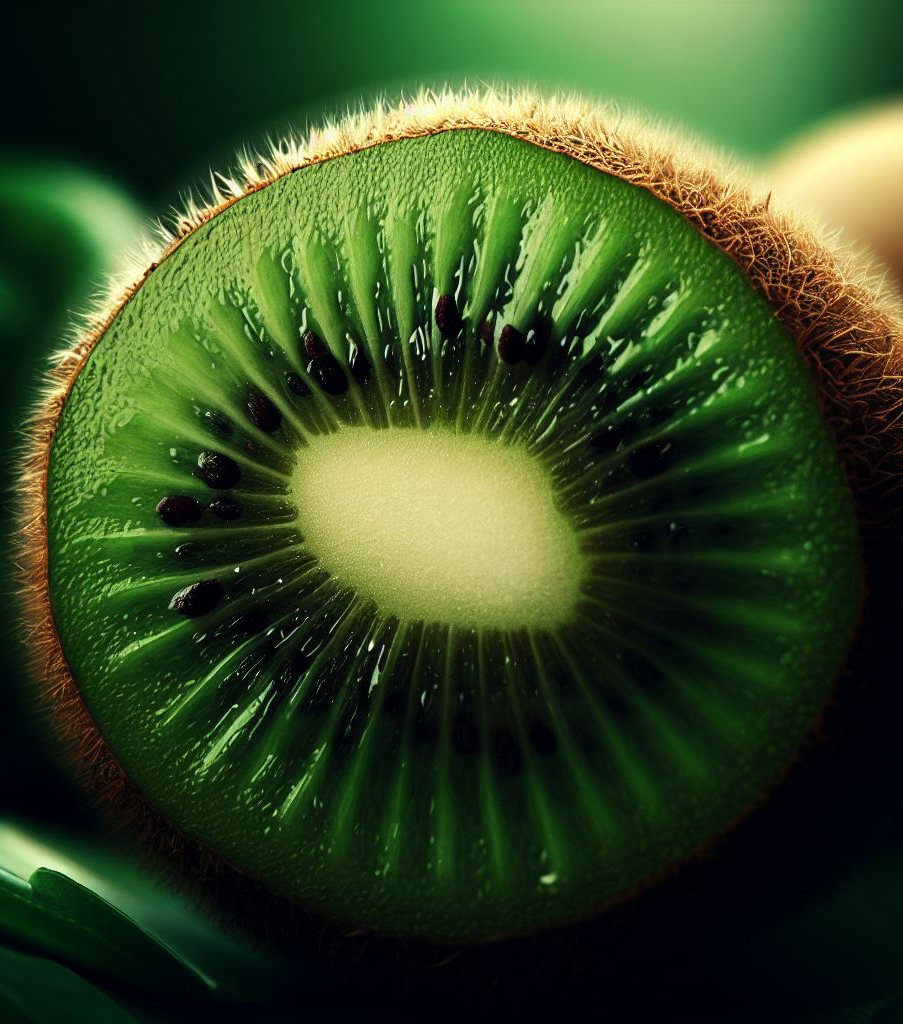 |
 |
What fruits are most beneficial? |

|
|
AVOCADO Considered the most nutritious fruit in the world, it is primarily composed of healthy fats, such as oleic acid, a fat linked to heart health and inflammation reduction. |

|

|
APPLE It is the most popular fruit in history. Its image has been used in theories,
tales, and even in religion. Ever since it appeared in the Garden of Eden, it has been
pierced by William Tell's arrow, inspired Isaac Newton's discovery, and even poisoned
Snow White. But despite its reputation as "the forbidden fruit," the truth is that apples offer many benefits to the body. |
PINEAPPLE This fruit is, by excellence, the queen of all weight loss diets due to the few calories it provides. But consuming pineapple as the sole daily food is not healthy either. Ideally, it should be consumed as part of a balanced diet, and incorporating it into your meals can be easier than you think. |

|

|
KIWI Due to its composition, it provides multiple benefits. The most popular one is its ability to regulate the body and prevent constipation. It is a source of vitamin E and C, fiber, potassium, folic acid, carotenoids, antioxidants, and trace elements. |
PAPAYA Rich in nutrients, although its taste can be subtle, as some consider this fruit to have
no distinct flavor. This is because 90% of its composition is water despite being
quite fleshy. Like kiwi, papaya is a digestive tract health ally. Its high
water and fiber content prevent constipation. |

|